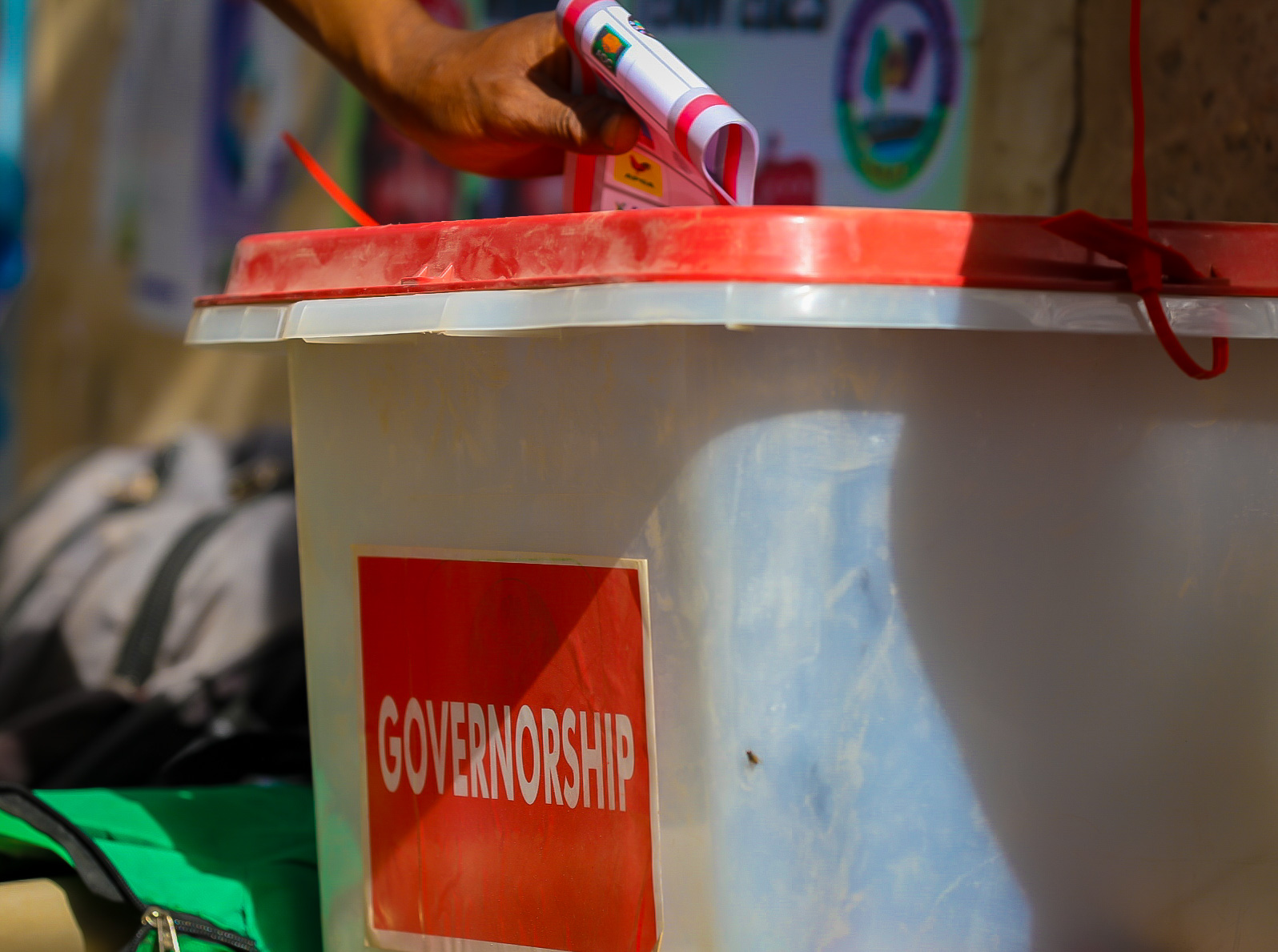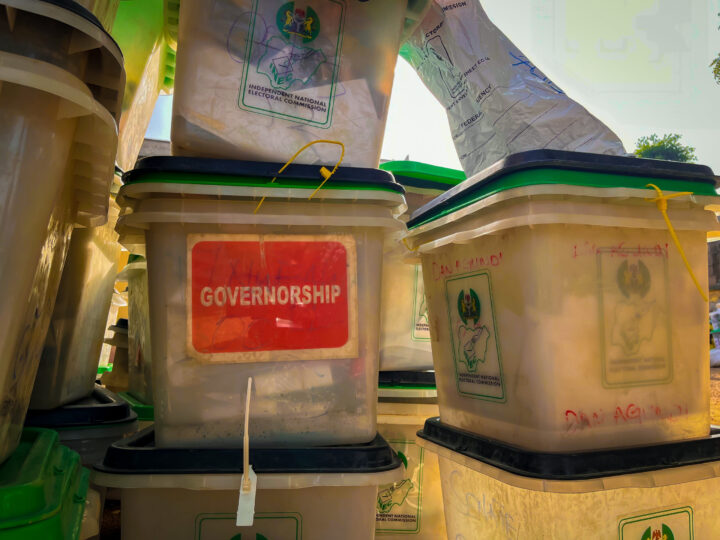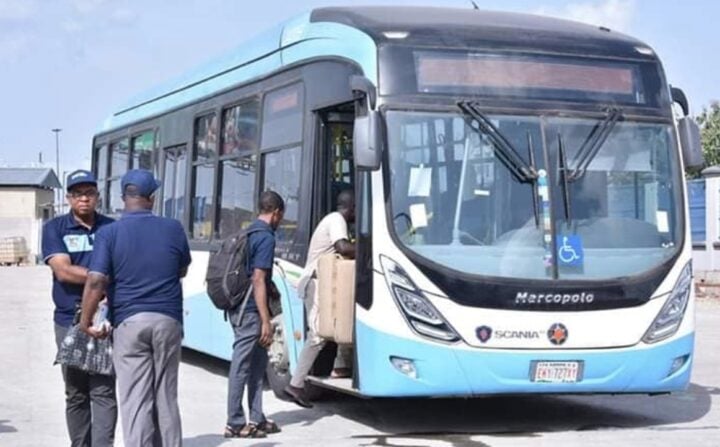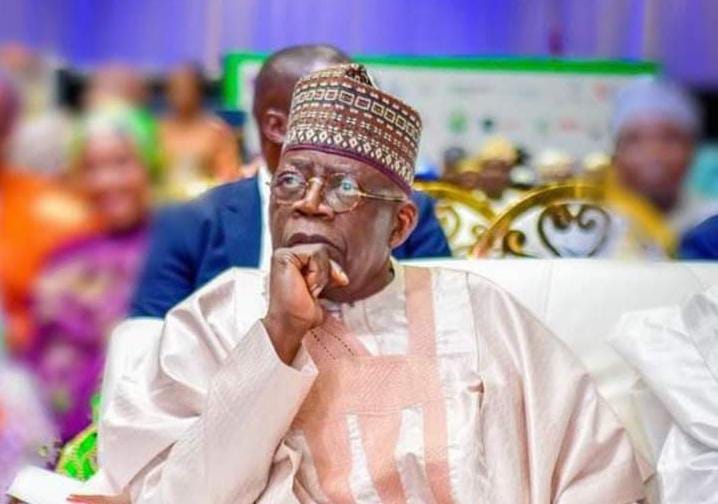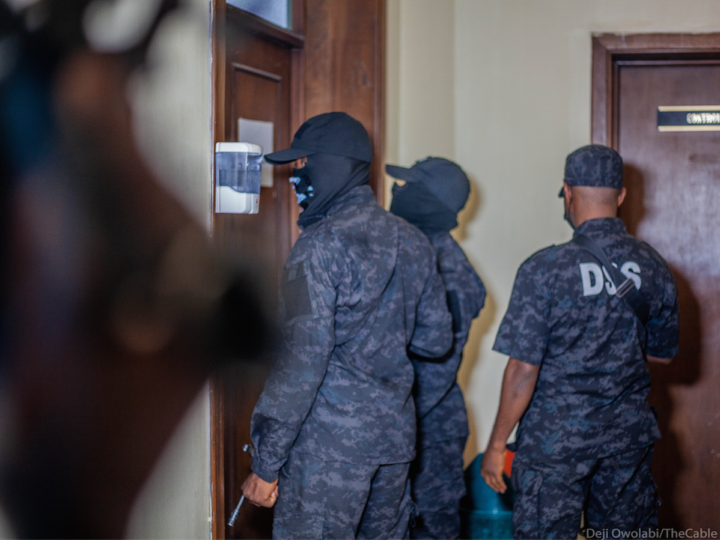BY WEALTH DICKSON OMINABO
The second edition of the summit for democracy is taking place this week simultaneously across five nations of the world between March 29-31. The United States, Costa Rica, the Netherlands, the Republic of Korea, and the Republic of Zambia are co-hosting the event at a time when democracy is said to be greatly troubled with shrinking civic space and unconstitutional change of government amid the rise of authoritarianism. First convened in 2021 by US President Joe Biden as a virtual event, this year, the summit provides an opportunity for stakeholders and political actors to reimagine democracy and make it work for all citizens.
In Lusaka, Zambia, where Africans gather to make their case on the pathway for democratic sustainability in the continent, Open Society Africa, in collaboration with other organisations is hosting a series of side events, conversations aimed at proffering solutions to the intractable challenges of the continent. The issues of peace, security, and the prospect of democracy in the continent have been in the spotlight. Different stakeholders utilized the different side events to set an agenda for a fruitful outcome that would translate to a better continent.
Against the backdrop of recent challenges of multilateralism in the continent, posed by the COVID-19 pandemic, the rising food crises Ukraine-Russia war, insecurity, and state fragility, a workshop geared at strengthening Africa’s relationship with its internal and external powers was organized on Monday and Tuesday to set an agenda for a better partnership between Africa and the rest of the world.
Advertisement
Africa’s partnerships with external partners and global actors are said to have steadily improved in the last decades, with notable key milestones reached from different partnerships entered between African nations and external players. However, these relationships are framed from a donor-recipient relationship. This situation, many analysts argue, is unhealthy, as it seeks to objectify the continent; as such, Africa has been urged to rethink its framework on multilateralism and come out with a clear agenda for its partnership with global players that will reflect its domestic realities; a partnership that will and capture the priorities of its citizens.
With the theme, ‘Strengthening Partnerships and Amplifying Africa’s Global Voice’, the two-day workshop hosted by Open Society Africa and Institute for Security Studies examined the complexity of the relations between AU member states and external powers and the challenges and implications of such relationships.
The event spotlighted the urgency of African nations to forge a common front and take collective responsibility to tackle the common challenges of the continent and redefine its partnerships towards self-sufficiency. Speakers made a case for the need for AU organs and institutions to amplify Africa’s voice to the world. The role and implications of Africa Relations with the European Union, Russia, China, and the US, also featured prominently. The discussants stressed the need for Africa to engage with external power strategically, underscoring why partnership must be citizen focus.
Advertisement
In his goodwill message, Trevor Sichombo, Zambia’s acting ambassador to Ethiopia, stressed the need for Africa to speak as one voice in its engagement with external partners.
He said: “The call for a united Africa voice on the global stage cannot be over-emphasized, especially in the face of global challenges such as climate change, the COVID-19 pandemic, and armed conflicts. It is important that we speak as one Africa as we engage other partners on the table as we discuss solutions in the global community.
“This workshop provides us with a platform to engage in a dialogue whose outcomes will inform policies and promote actions for the betterment of our continent. This platform will also serve as a tool to promote democracy and good governance, which are key ingredients for sustainable peace, security, and development.”
In its opening remarks, the advocacy manager of Open Society Africa, Jeggan Grey-Johnson, noted that the summit presents an opportunity to reimagine a new Africa based on some of the aspirational goals of Agenda 2063.
Advertisement
He said: “It is time to rise to the occasion and find resilience. To look at thought leadership, diligence, compliance, and also the dedication to some of the normative frameworks and the shared values that we have put before ourselves in terms of strengthening democracy, in terms of elevating the demand for public accountability, in terms of embracing the principles of transparency and also popular participation through a citizenry driven process which obviously is one of the major aspirations that the AU actually seeks to attain.
“As a result, we are hoping that the discussion we are having here today will not only inform some of the outcomes that will come out from the Democratic Summit but, more importantly, as a continuum in the conversation that we will want to have from this year’s and going further into other public fora that pan Africa agenda actually exposes.”
George Kegoro, director of policy and engagement at the Open Society Africa, stressed the need for Africa to create its own platforms and partnerships rather than waiting to be invited by other organizations and players. He noted that in an increasingly multipolar world where Africa and African countries find themselves, there was an urgent need for Africa to properly manage its partnership with external actors in a way that translates to the common good of the citizens in the continent.
In his presentation, Paul Simon Handy, the regional director of the Institute of Peace and Security Studies East Africa and Representative to the AU, noted that despite some of its challenges, the African Union remains a key political actor whose decisions are respected by external partners. He stated that global recognition of African agency on the international stage has emerged increasingly from the projection of Africa’s normative actions, collective identity, and defence of common position informed by continental interest and global realities.
Advertisement
“These are interesting times for AU because, for many decades, Africa’s contribution in shaping a multilateral order is being requested not just by Africans themselves but also by those who, in the past, didn’t take Africa’s voice very seriously,” he said.
Tshepo Gwatiwa urged African leaders and other stakeholders to harmonize the continent’s partnerships to make it fit for Agenda 2063. He stressed the importance of improving the quality of collective diplomatic negotiation and bargaining at the continent, especially at the multilateral level.
Advertisement
“It is important that the key members’ state should start focusing on economic diplomacy. The Africa Union should also make sure that economic diplomacy is heightened,” he said.
“It is important to reorganize our intelligence agencies to speak or contribute to modern continental priorities, including Agenda 2063 and the continental free trade area. It means that our intelligence agencies should increase their activities in the spheres of economic intelligence.”
Advertisement
Ibrahima Aidara, in his submission, emphasized the need for Africa to rethink its approach to multilateralism. He said it was time the continent looked beyond aid and grants in its engagement with its partners. He said partnerships should be on issues of common interests.
The takeaway from the discourse can be summed in two phrases: partnerships are inevitable in today’s globalised world. However, these partnerships will remain diplomatic rituals until the continent changes its approach to multilateralism. Africa needs a framework with which to engage with external players, one that prioritizes its development and sovereignty.
Advertisement
Ominabo is the communications officer at the Goodluck Jonathan Foundation. He sent this piece from Lusaka, Zambia.
Views expressed by contributors are strictly personal and not of TheCable.

